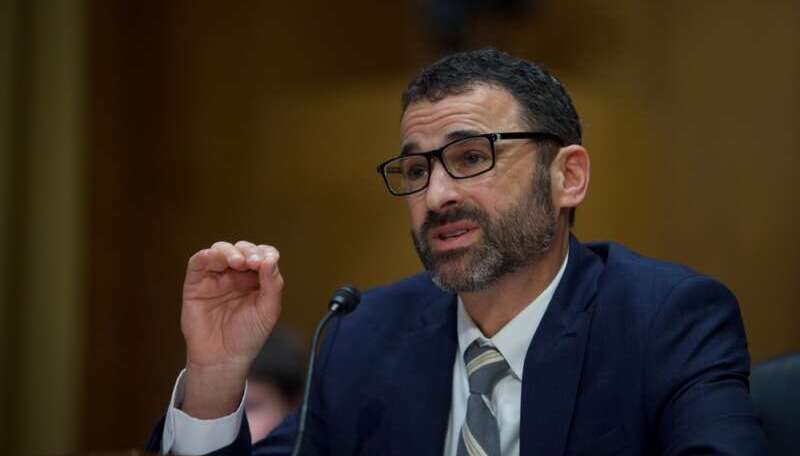
As the IRS moves forward with deploying artificial intelligence (AI) capabilities into agency operations, IRS Commissioner Danny Werfel said this week that the pace of adoption will remain cautious in the interests of protecting taxpayer privacy.
Werfel discussed the importance of being “extremely cautious and thoughtful” in how the agency deploys AI tools during a UiPath event on April 17.
“We have a fundamental responsibility that is primary for us, and that is to protect taxpayer rights,” Werfel said. “Those rights include things like the right to privacy, and the right that we will not do any unnecessary intrusion into that privacy.”
“Therefore, we need to stay 1,000 miles away from even the perception that AI is in any way violating the responsibility we have to protect taxpayer privacy,” Werfel emphasized.
The agency’s approach to AI deployments also figures into how the IRS moves to go harder after discovering tax cheats.
“There’s a lot of opportunity to strengthen overall integrity in the tax system, the more digital you go,” said Werfel. “So now what does that unlock on the enforcement side?”
“It unlocks us to go where scrutiny is needed most,” he said. “And that is in our most complicated taxpayers … where there’s the highest risk for tax evasion, where large and complex organizations that have the means to hire armies of lawyers and accountants do have the means to shield their income,” he said.
“I want to build our capacity to be able to select the right companies, the right partnerships, the right wealthy individuals for audit and leave the ones that are playing by the rules alone,” Werfel said. “That’s where we want to push our capacity.”
Even with those aims for better enforcement, the commissioner emphasized the importance of AI deployments not working to infringe on taxpayer rights. “We also don’t want to take any more information than we need to get our job done,” Werfel said.
“Therefore it’s very critical – and this will be an emphasis at the IRS going forward – that as we move to deploy AI on the one hand to improve service and on the other hand to spot complexity in the tax system … to make sure that we have a fair and equitable tax system.”
“We are going to be very cautious to make sure we are protecting that fundamental responsibility that we have to protect taxpayer privacy,” he pledged.
